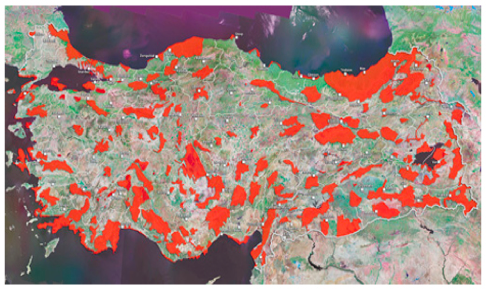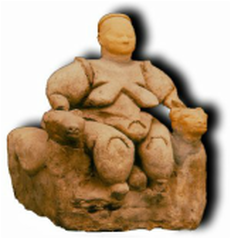PRESERVING DIVERSITY, HEALING MOTHER EARTH
BUILDING SUSTAINABLE COMMUNITIES
The projects took place in Kars Province of Northeastern Turkey under the hospices of Anatolia Foundation, founded in 2006 in Berkeley, California. The Foundation is discontinued as a non-profit since August 2021. Its projects continue to impact the region as an alternative source of income due to the efforts of local farmers and NGOs.
The goal of the projects was to partner with rural communities to revive endangered crops and traditional, artisan skills. These alternative income sources were designed to help promote sustainable living in villages and counter-balance the effects of heavy out-migration to distant cities. The projects were funded by The Christensen Fund, S. Francisco, CA until 2012. An additional small grant was received from UNDP GEF Trust Fund, Turkey.
WHERE IS ANATOLIA?
Anatolia is a geographical region encompassing the whole of Asia Minor. It forms the Asian terrain of Turkey, bridging Asia with Europe.
WHY IS ANATOLIA IMPORTANT?
The Anatolian Peninsula of Turkey has been the heartland of many great civilizations for millennia. A motherland of fertility, the image of the Earth Goddess arose here over 9,000 years ago. It sustains a biological and cultural diversity rarely found in other regions of the planet.


